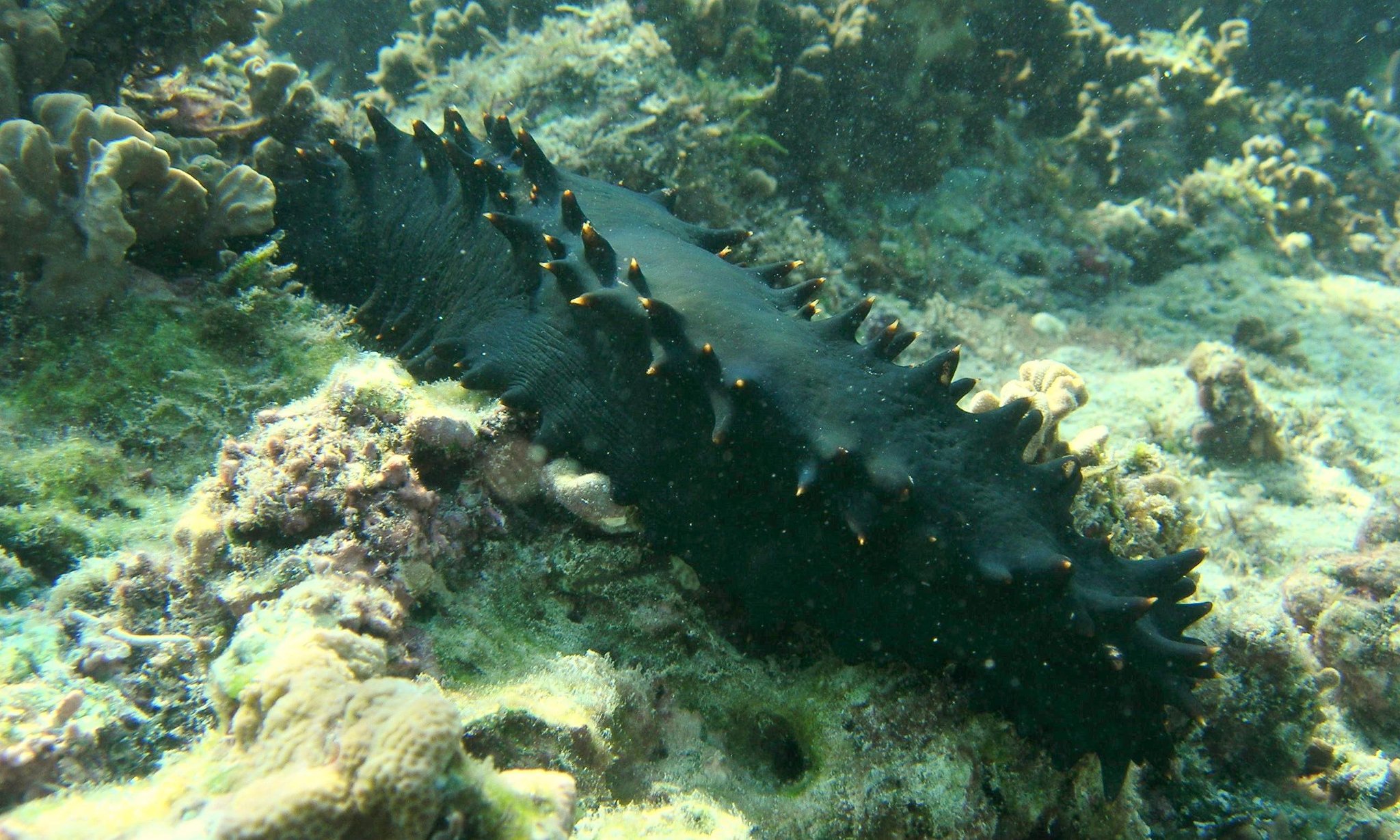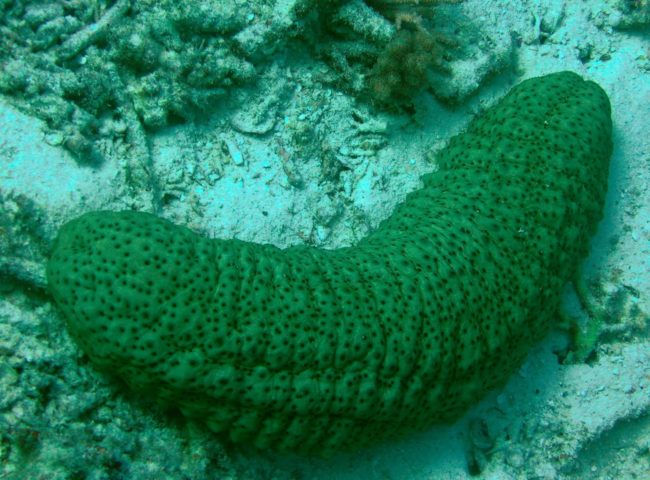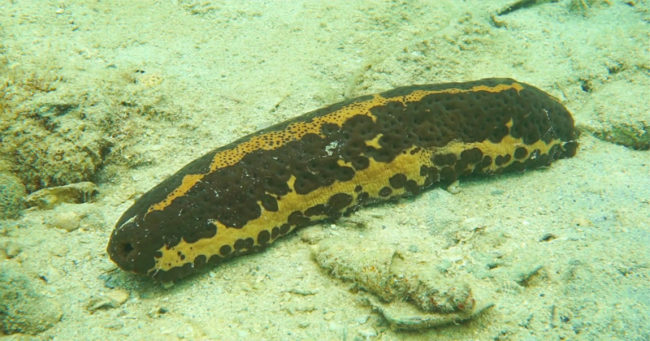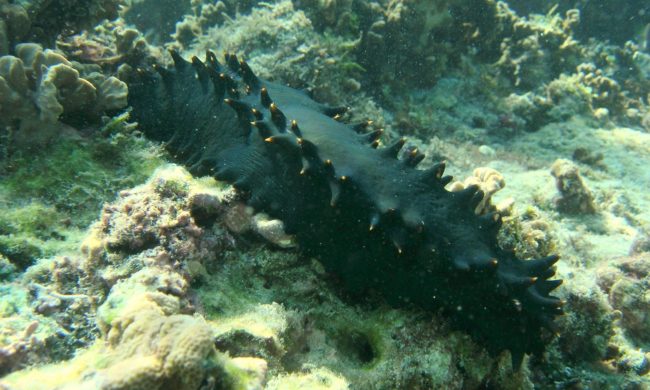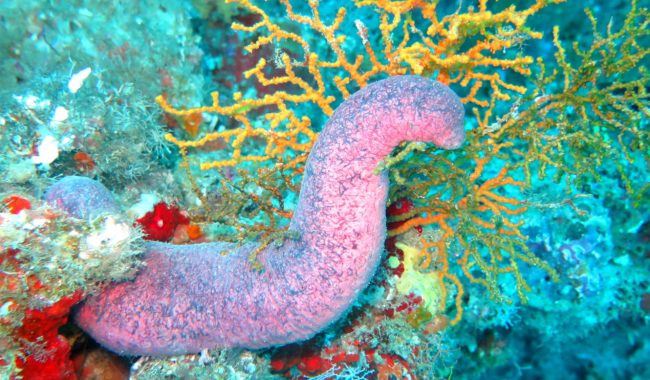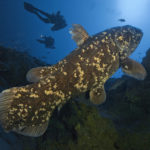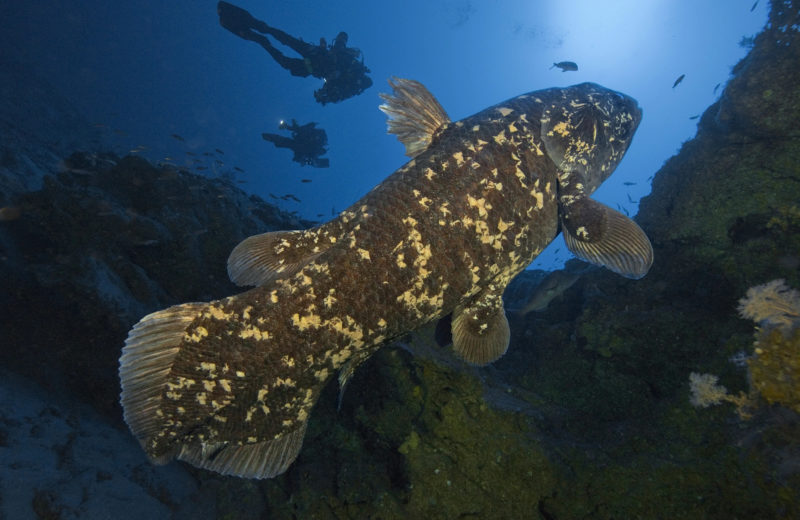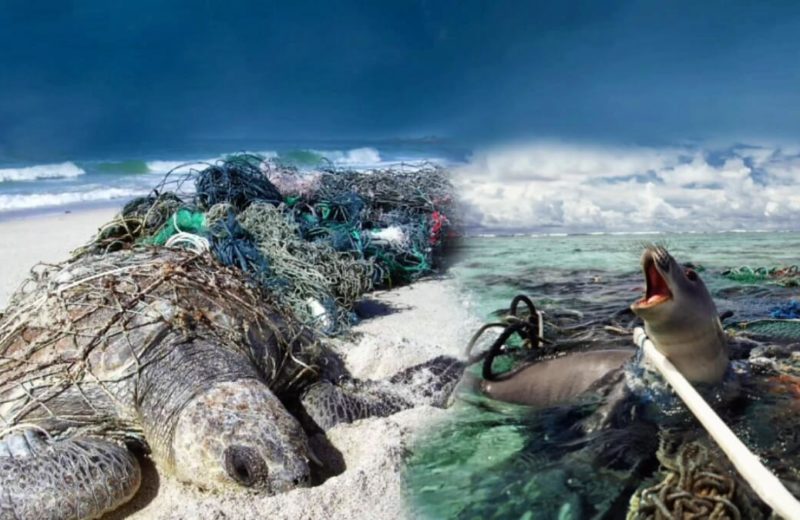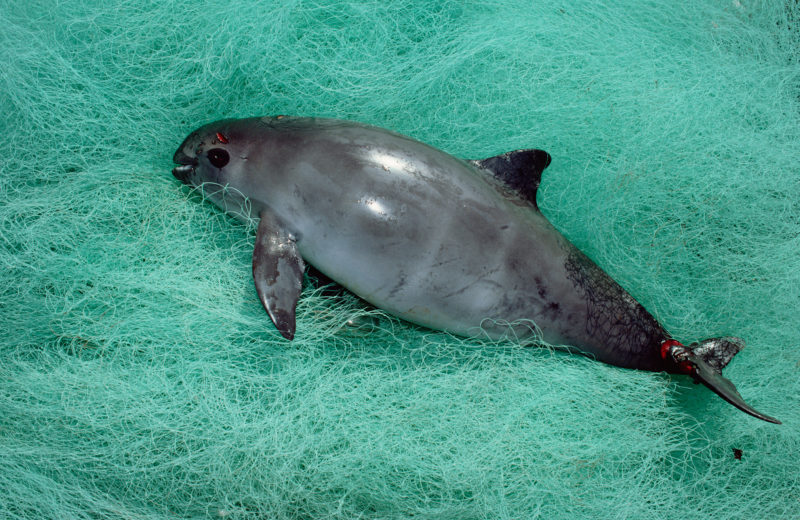Sea cucumbers are echinoderms—like starfish and sea urchins. There are some 1,250 known species, and many of these animals are indeed shaped like soft-bodied cucumbers. All sea cucumbers are ocean dwellers, though some inhabit the shallows and others live in the deep ocean. They live on or near the ocean floor—sometimes partially buried beneath it.
Sea Cucumbers – A long, leathery-skinned creatures that are increasingly valuable and the source of income for local fisherman’s of Sri Lanka and South India for the past 12 years. Nowadays after hours of search, their harvest is only a fraction of what it used to be, as the shores of northern Sri Lanka and southern India have become a prime spot for exploitation.
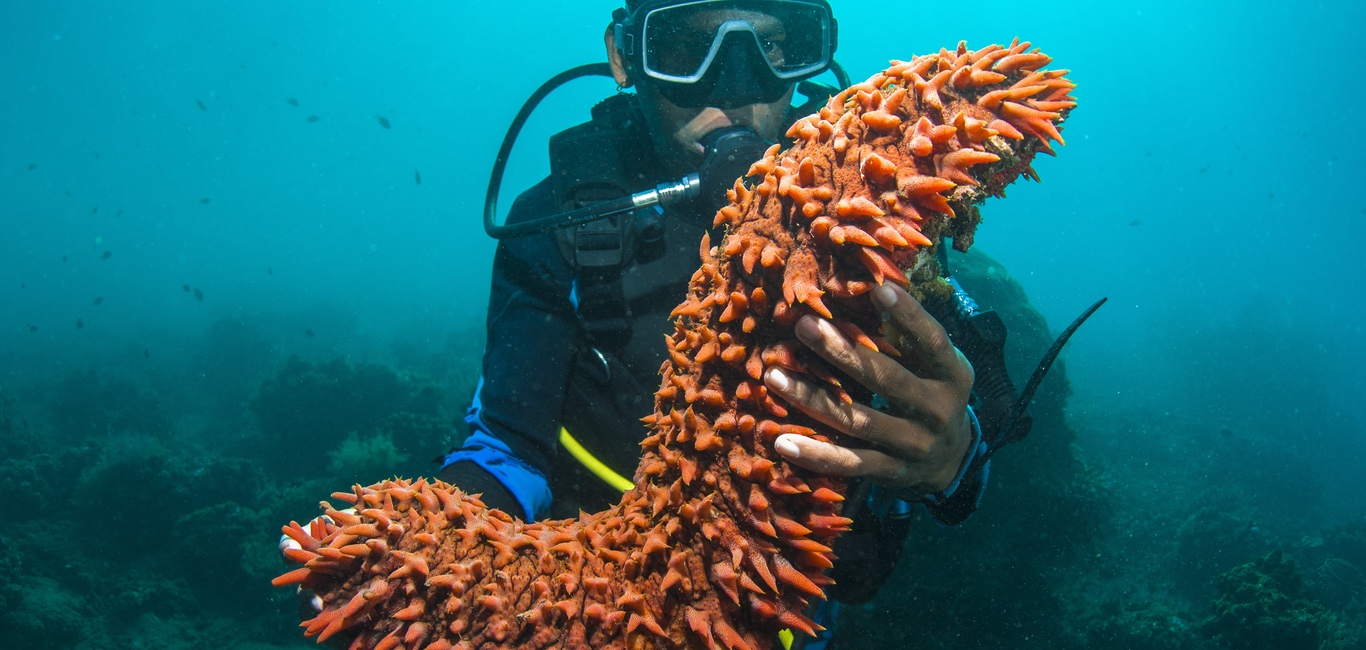
“Illegal fishermen are coming across our borders and collecting sea cucumbers in places where we dive normally. We are losing our income and our riches to them.” the 31-year-old local fisherman Anthony Vigrado says.
Sea cucumbers are not just only important for the local fisherman’s livelihood but also play a very critical role in maintaining the ecological balance of the ocean ecosystem.
Similar to an earthworm, they suck up sediment, eat the micro-organisms living on the sand and then poop it out. The feces aerates the upper surface of marine sediment, creating a safe habitat for other organisms like crustaceans. It also releases nutrients such as nitrogen, which fertilizes the water to assist the growth of organisms like algae, which are eaten by other animals. And, critically, it releases calcium carbonate, which helps coral skeletons grow. With the coral reef under threat from climate change, this calcium is very much important for the growth of Corals. Also, their feeding helps to slow the oceans’ acidification from human activity.
Sea cucumbers are highly sought after in China and Southeast Asia, where they are considered a delicacy and used in traditional medicine. They’re most commonly eaten dried, known as bêche-de-mer or trepang. Some people, especially in China, mistakenly believe they are an aphrodisiac (because of their penile shape, and they can also stiffen and expel their guts as a defense mechanism).
This has fueled a hugely profitable trade in endangered animals, which has steadily expanded in recent decades. Sea cucumbers used to sell for less than £50 per kilo in 80s; now, they sell for more than £200 per kilo, with rarer species fetching more than £2,500 per kilo.
Overfishing of sea cucumbers has arisen in Palk Bay and the Gulf of Mannar in Sri Lanka over the years. Global populations of these most valuable animals have decreased by more than 60%.
The tiny tropical island has been a hotspot for illegal smuggling and poaching in recent years. More than 10,000 fishing families along Sri Lanka’s northern coasts are concerned about the condition of the fishery.
Overfishing is causing population declines. It has an effect on biodiversity as well as the livelihood of coastal fishermen who depend on this operation.
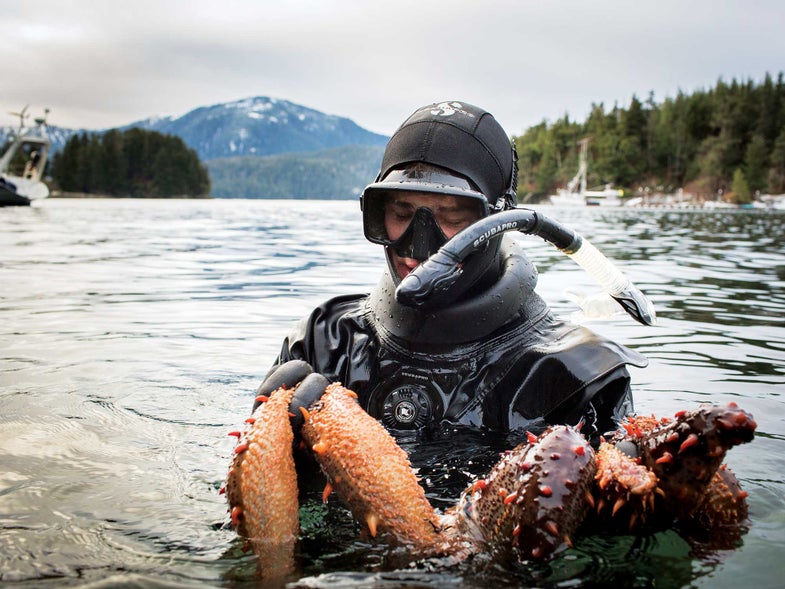
Diver in Alaska with sea cucumbers 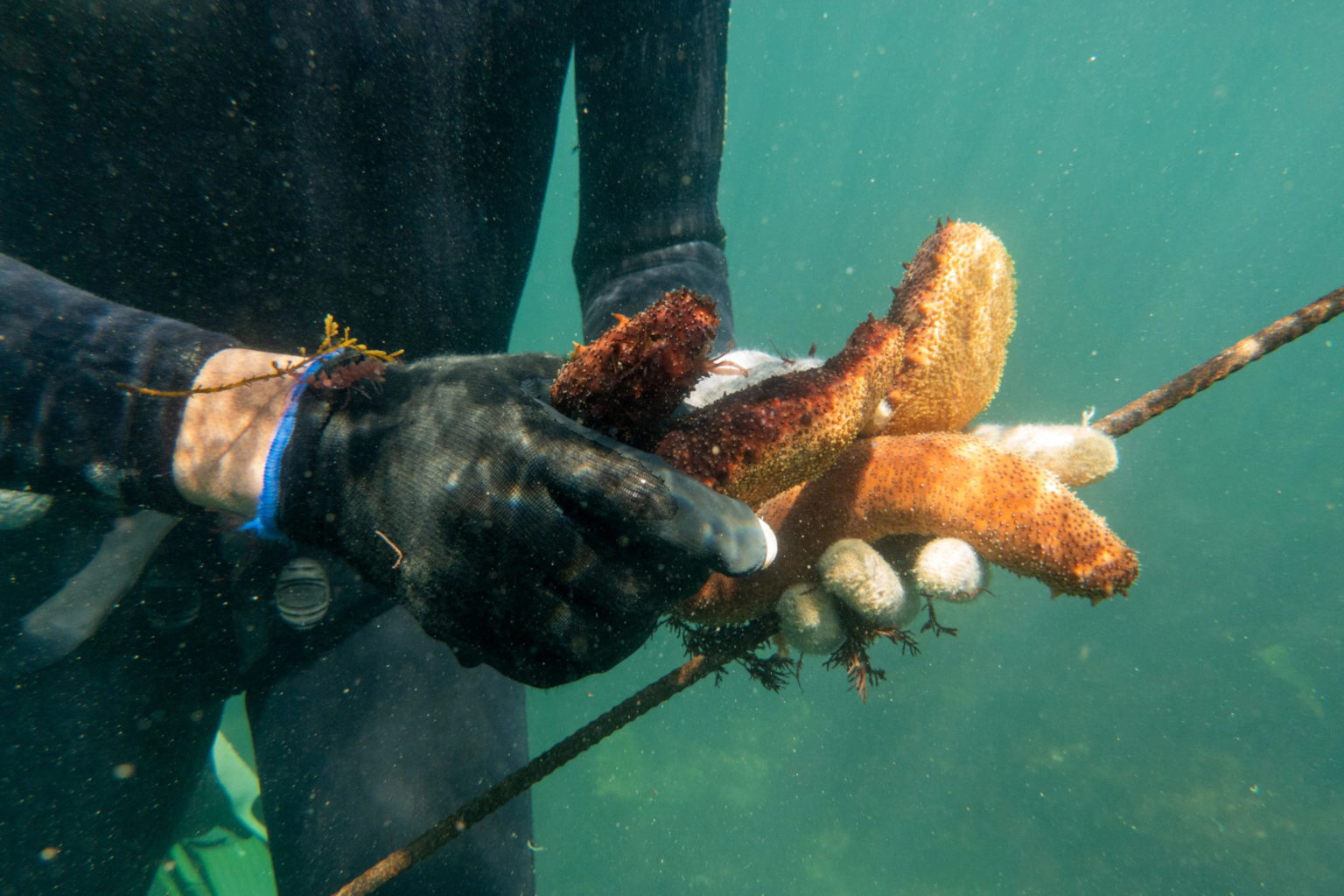
Due to illegal boats damaging local fishermen’s equipment in order to capture sea cucumbers, some have committed suicide as a result of being unable to repay loans.
“This was destroying their whole investment,” Vigrado a local fisherman says. “These vessels don’t give a damn about them, and when they come into our waters, we’re out of luck.”
The majority of reported criminal activity takes advantage of regulatory differences between neighboring countries. Though Sri Lanka issues fishing licenses and allows sea cucumber exports, India has banned all sea cucumber trade since 2001.
As a result, illegal sea cucumbers are either seized in India and smuggled into Sri Lanka, where they are legally shipped to Southeast Asia, or they are exported from India under false labeling.
Three men were caught smuggling nearly 1,000kg of sea cucumber – worth £500,000 on the international market, according to the Indian Coast Guard – from Tamil Nadu in India to Sri Lanka via the Gulf of Mannar last August, with a similar case in last March.
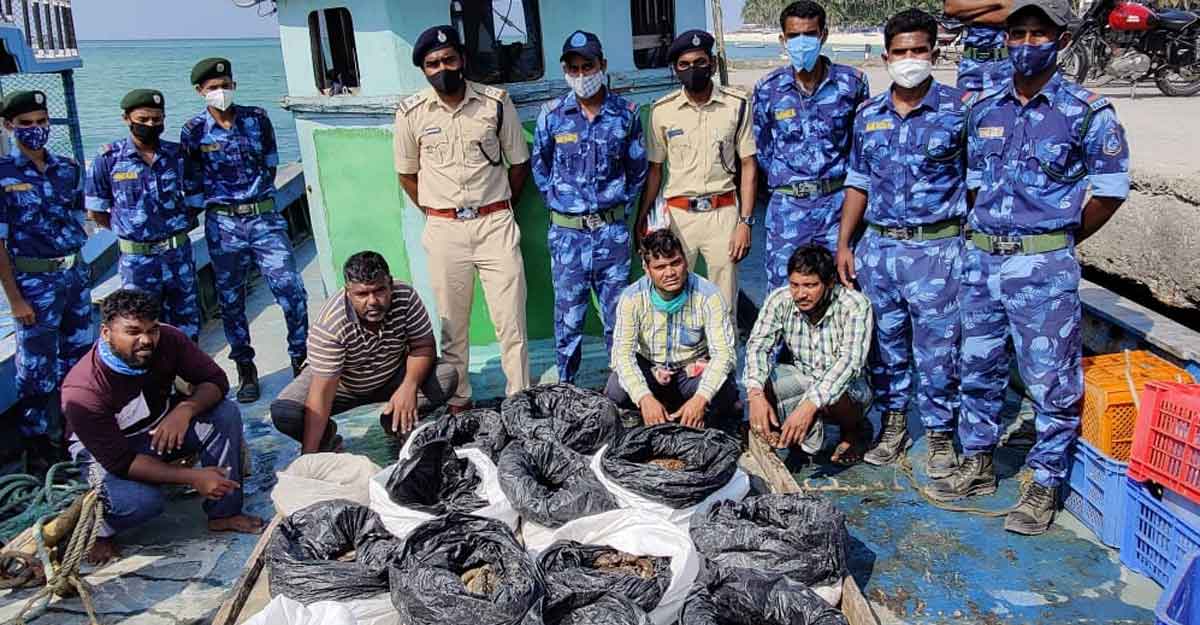
“When you have a legal market in that proximity to an illegal market, the legal market becomes a major outlet for fish laundering,” says Teale Phelps Bondaroff, director of research at OceansAsia, who recently published a study mapping the arrests and seizures of sea cucumbers in the two countries.
Authorities in Sri Lanka and India have been attempting to tackle maritime crime for years. Despite the rising number of arrests and seizures, new cases indicate that the illegal trade is expanding to previously uncharted territory.
Organized sea cucumber crime is moving further away from Palk Bay and the Gulf of Mannar, according to OceansAsia, into the underdeveloped areas of the Lakshadweep union territory, an archipelago off India’s south-west coast.
In February 2020, authorities discovered 1,716 sea cucumbers worth nearly £420,000 concealed in coral reefs near Suheli, an uninhabited island, thanks to a tip from local fishermen.
“Resource scarcity could be a major factor in these people’s quest for new territory. “Lakshadweep is much more pristine, which may be why traders are flocking there,” says Sajan John, head of policy and marine projects at the Wildlife Trust of India.
Sea cucumbers were added to Schedule I of the Wildlife Protection Act, 2001 (amendment of the Wildlife Protection Act, 1972) after increasing cases of sea cucumber harvest in Indian waters threatened the populations of marine species. The Maritime Zones of India (Regulation of Fishing by Foreign Vessels) Act, 1981, and India’s inclusion in the Convention on International Trade in Endangered Species, to which India is a signatory, strengthened the ban.
Illegal smuggling from the Lakshadweep Islands and Tamil Nadu arose as a result. Either to cities like Mumbai, Bengaluru, and Kochi, where they are smuggled into Sri Lanka and then re-exported to Southeast Asia, China, and Japan, or to China directly through the Maldives.
Since January 2020, Lakshadweep’s Special Protection Force has intercepted four big smuggling consignments worth between 5 lakhs and 4.26 crores. The CBI is currently investigating the cases (Central Bureau of Investigation). On the 13th of August 2020, authorities acting on a tip-off seized a consignment of 1 crore worth of killed and preserved sea cucumbers. This consignment is thought to be part of a group of six related consignments.
Local governments have increased their response to the magnitude of rising levels of crime in the trade, according to John. The world’s first sea cucumber conservation area was established in Lakshadweep in February 2020, with the aid of India’s Central Bureau of Investigation. Anti-poaching bases were established across the islands, and the Lakshadweep sea cucumber security task force was created.
The people of Lakshadweep understood the importance of sea cucumbers because their livelihood is largely depending on fisheries. When sea cucumbers are affected, other fisheries are affected
says Sivakumar Kuppusamy, a scientist at the Wildlife Institute of India.
We have to convince them (local fishermen) of the ecological role. If there are no sea cucumbers, then you’re endangering the sea. That’s when they start to realize their livelihoods and their kids’ future will be affected.
“Breaking that illegal supply chain and convincing the fishermen – we have to do both. Otherwise, this trade will continuously grow.”
Sivakumar Kuppusamy (scientist at the Wildlife Institute of India)
Sources : The Guardian, Times of India, National Geographic, India’s Endangered, Oceans Asia …



